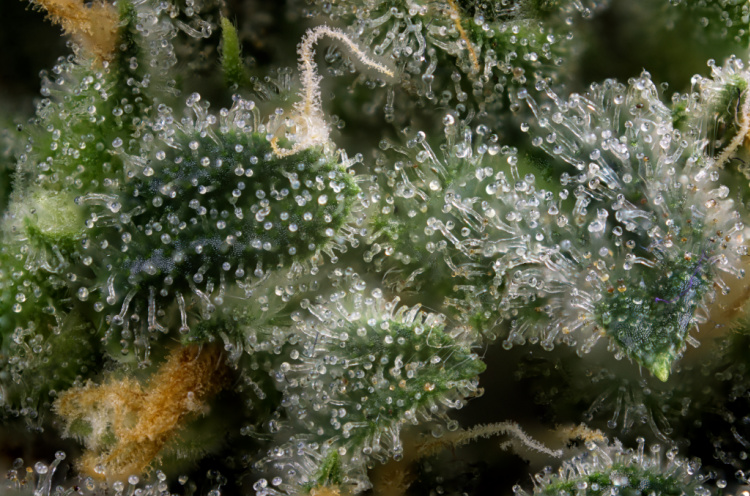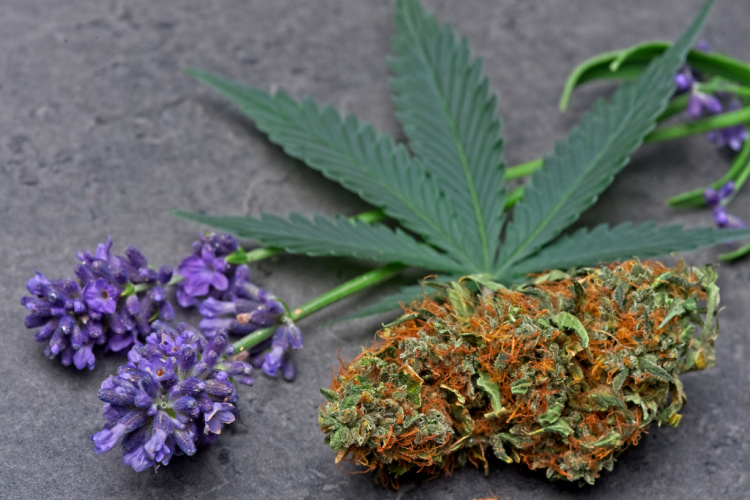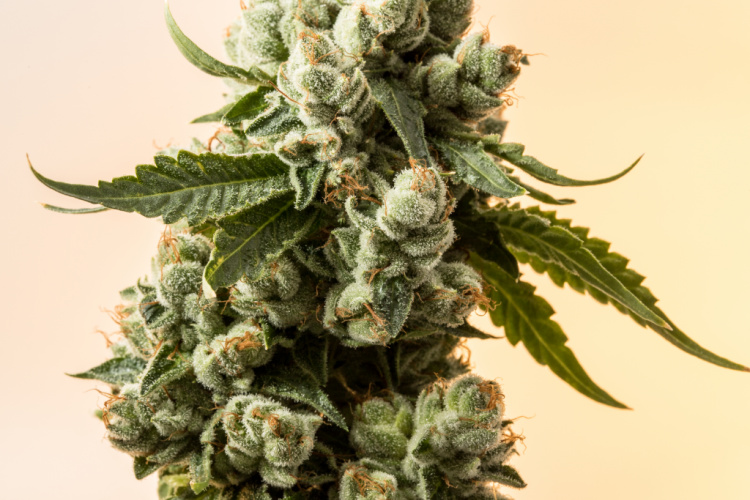If trying to keep up with the world of cannabis has your head spinning, join the club. The big story of the last few years was undoubtedly CBD, the marijuana plant’s “other” cannabinoid after THC. CBD is still yielding its secrets one by one, including the potential to help us fight anxiety, pain and inflammation, and some types of seizures.
It will probably be many years until we fully understand the power of cannabinoids. But in the meantime, the aromatic oils known as terpenes are creating quite a stir on their own. In addition to lending cannabis strains their distinctive flavors and aromas, it turns out they deliver a whole host of medical benefits, everything from lifting our moods to fighting infections to reducing pain and more.
Many cannabis producers and processors are rushing to embrace these essential oils, using them as additives in a host of products. And this raises a question: Does it matter where these terpenes come from? Let’s take a closer look.

Does It Matter Where Terpenes Come From?
Even though terpenes appear in countless plants and trees—even some insects!—they haven’t gotten a whole lot of attention until recently. But now that they’re in such wide demand, some manufacturers are adding terpenes derived from plants and trees into refined cannabis products—concentrates, edibles, tinctures, and others—in order to replace or enhance the ones that have more or less been refined out during processing. But is using terpenes derived from non-cannabis sources a problem?
That’s a complicated question, and there’s no hard-and-fast response. For some, the answer comes down in part to simple chemistry: Assuming that a manufacturer exercises proper extraction procedures and safeguards, a terpene such as linalool—derived from a natural source such as lavender—is chemically identical to one derived from cannabis. In other words, you’ll derive equal benefits from both.
So, a better question might be: Is it possible to have too much of a good thing?

Terpenes: Quality Over Quantity?
Terpenes may impart powerful medical effects, but it’s important to understand the concept of moderation. In raw cannabis flower, terpenes typically account for 2-5% of the product by weight. In some cannabis products manufactured with extracted terpenes, by comparison, terpene levels can reach 20%. And according to some experts, that’s not a good thing.
Some people are allergic to the natural compounds in terpenes, for instance. Experts warn that the high-heat degradation processes these highly concentrated terpenes undergo might release harmful chemical by-products. And from a sensory standpoint, high concentrations of terpenes simply aren’t pleasant. At these artificially high concentrations, they tend to be bitter, even causing irritation to lips and lungs. That shouldn’t be a surprise, given one of the original purposes of terpenes in the natural world: As plant-based chemical warnings to repel insect predators.

Terpenes: The Entourage Effect
Some cannabis processors follow a purist approach, arguing that cannabis functions best as a unified whole, a phenomenon known as “the entourage effect.” That’s more than superstition: It’s long been established that the terpenes, cannabinoids, and other compounds in cannabis do, in fact, work in synergy, either to potentiate or moderate their effects. Why add extra terpenes to make up for a deficiency in the cannabis?
It’s a compelling argument, but it’s not the only approach. Again, because many manufactured cannabis products have had their terpenes removed, they lack these important supporting players. What’s more, when we’re using cannabis for specific medical benefits, many clinicians believe it’s more expedient to choose a targeted blend of terpenes rather than the somewhat variable terpene profile we get with cannabis flower.
For our part, whether it’s cannabis concentrates with reintroduced terpenes or full-spectrum flower, we focus on sourcing the very best and most carefully processed cannabis products we can. If you have other questions about terpenes, cannabis processing or any other topic, don’t hesitate to reach out. We’re here to help!
